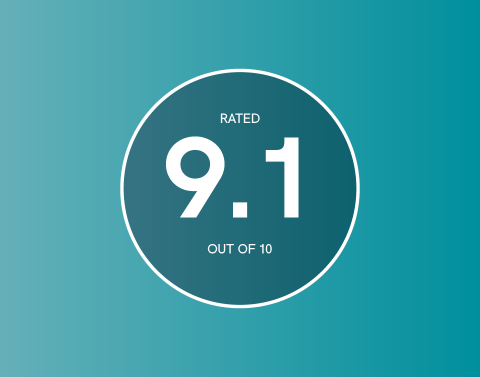It is the intensifying debate that has been commanding news headlines; should Britain exit the EU?
Great Britain has been a member of the EU for 43 years. This membership enables our businesses the right to trade openly across the entire EU market and UK insurers can write business in EU member states without further local capital requirements. If Brexit does indeed happen, the UK would have to negotiate a withdrawal agreement which could in fact result in full denial of access to trade freely in the future. Chairmen or Chief Executives of 36 FTSE 100 companies said a Brexit would 'deter investment and threaten jobs'.
What would be the impact on the UK insurance market if Britain did exit the EU? Currently, UK insurance firms have direct access to a single insurance market spanning 28 countries; approximately half a billion people. Insurers can conduct cross-border business without requiring further authorisation or incurring additional local costs. Should the UK cut ties with the EU, UK insurance firms may be required to open EU branches in order to gain writes to underwrite business in their respective territories. This will undoubtedly result in significant resource and cost issues alongside the likelihood that insurers may relocate to EU member states to conduct business more efficiently. For example, Deutsche Bank is in the process of reviewing whether to move parts of its British division to Germany if Brexit happens.
It is also important to note the impact Brexit could potentially have on the UK recruitment industry. Would divorcing ourselves from the EU equal limited career progression if candidates were keen to work for European businesses? Would UK businesses lose EU workers? Would this in turn reduce the talent pool in the UK and limit the quality of the candidates available to hire? Additionally, it is likely that there would be an impact on UK salaries and potentially on the UK business culture as a whole. Conversely, one market that is not feeling the effect of an impending Brexit is retail, where FMCG is experiencing high growth.
The UK market is also viewed as a direct platform for the United States and China to conduct trading. This view could alter drastically if Britain does exit the EU. Similarly, investment in the UK insurance industry is likely to waver if access for UK insurers to the EU is restricted or even denied, creating reduced business opportunities overall and negatively impacting the UK insurance market. Leaving the EU would affect the UK’s ability to influence EU insurance regulation, meaning our input would be non-existent. Paul Clarke, PwC’s global insurance regulatory leader commented, ““Potentially the biggest impact on the insurance industry will be on regulation. The EU drives the regulatory environment, Solvency II being a classic example. Not being part of the EU would hand more discretion to domestic authorities over rule design. From a practical point of view, it is likely the UK would choose to pursue a Solvency II equivalent approach. Ironically, the risk would be a UK outside of the EU, unable to influence from within, yet still compelled to follow EU regulation to remain competitive.”
On the contrary, some argue that the UK could be a more attractive destination to do business if it were independent of the crisis and uncertainty of the Eurozone market. Switzerland is a prime example of a thriving and financially stable nation which is not a member of the EU. It has access to the EU market but does not have to comply with EU laws. Zurich and Swiss Re, two of the world’s most successful insurers, are both headquartered in Switzerland, escaping the tough capital requirements of EU regulations. One such regulation that UK insurers could be liberated from if the UK were to exit the EU is Solvency II. This would not impact the credibility of the UK insurance market it would merely eliminate the excessive costs. Alongside this, UK insurers could be freed from the EU Gender Directive, enabling firms to factor gender into the pricing of insurance.
For now, it would be wise for UK insurers to analyse how their company may be impacted if Brexit occurs. It is time for UK insurance firms alongside UK businesses in general to formulate various options to minimise the potential impact of this referendum.
One market that has not been impacted by Brexit is FMCG, which is undergoing significant growth. Read more here.
Visit www.ojassociates.com to explore our current opportunities



